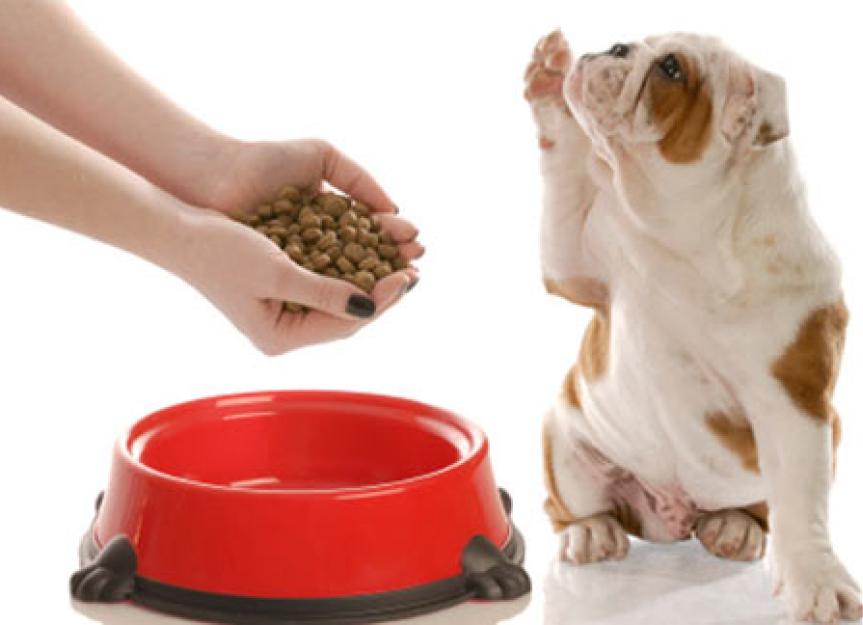The Benefits of Proper Nutrition
All necessary vitamins and minerals are included in complete and balanced dog foods. This means that additional foods or supplements are not necessary for your pet’s general health.
What does Good Nutrition do for your Dog?
The proper balance of nutrients is essential when feeding your dog. Animals (and humans) need a certain combination of protein, carbohydrates, fats, vitamins, minerals and water every day in order to function normally. Balanced nutrition is no accident – pet food manufacturers work hard to determine the exact formula that goes into their products so that they provide everything your dog needs on a daily basis.
There are foods designed for specific stages of life (such as for puppies or geriatric dogs), while some provide hypoallergenic nutrition and other formulations are developed to control specific health conditions like heart disease, kidney disease, etc.
Each and every nutrient in your dog’s food has a purpose. Without adequate nutrition, your dog would not be able to maintain muscle tone, build and repair muscles, teeth, and bone, perform normal daily activities with ease or fight-off infection. Proteins provide a source of energy and help with muscle function and growth. Fats provide energy, help the brain function, and keep the skin and hair coat shiny and healthy. Carbohydrates supply a source of quick energy that allow your dog to be active and energetic. Vitamins and minerals are necessary for muscle contraction and nerve conduction and they work to prevent disease.
Muscle Tone and Body Condition
Every single cell in the body is made up of protein. It is integral in building skin, hair, muscles, organs and other tissues. Protein is necessary to repair damaged cells and make new ones. Protein is especially important for young, growing and pregnant animals. The protein in your dog’s diet ensures that he is able to build and maintain strong muscles. This is why one of the first few ingredients on adog foodlabel should be a protein source (chicken, beef, etc.).
Skin and Hair Coat Health
Everyone knows that a dog with a rich, shiny hair coat is most likely in good health. This is because dogs eating the proper balance of omega-6 and omega-3 fatty acids will have skin that is healthy which produces hair with a nice sheen. Skin that is dry will lead to hair that easily splits, breaks, and falls out easily. Foods with adequate omega-3 fatty acids have an anti-inflammatory effect to reduce itching and other irritations caused by allergies or environmental conditions (like low humidity levels in the winter).
Digestion and Elimination
Carbohydrates provide fiber that helps aid digestion and elimination. Dog foods are formulated so that the needed nutrients are readily available to your dog’s digestive system and thus easily absorbed by the body. Digestibility is important so your dog can use all the nutrients in his food and easily rid his body of waste products. Your dog’s food should provide all the nutrition he needs while producing only a minimum of stool to be picked up as the end result.
Immunity and Prevention of Disease
The vitamins and minerals found in every bag of dog food work together to keep your dog’s immune system and metabolism functioning normally. Vitamins work to reduce the damage done to body cells on a daily basis. Minerals promote the normal function of the cells that maintain health. Vitamins and minerals come from both plant and animal sources in the diet. Without adequate levels of vitamins and minerals, your pet would eventually become ill.
More to Explore
5 Things That Could Help Prevent Dog Food Recalls Today
Dog Not Eating? Maybe Your Pet Food Smells or Tastes Bad
Help us make PetMD better
Was this article helpful?
